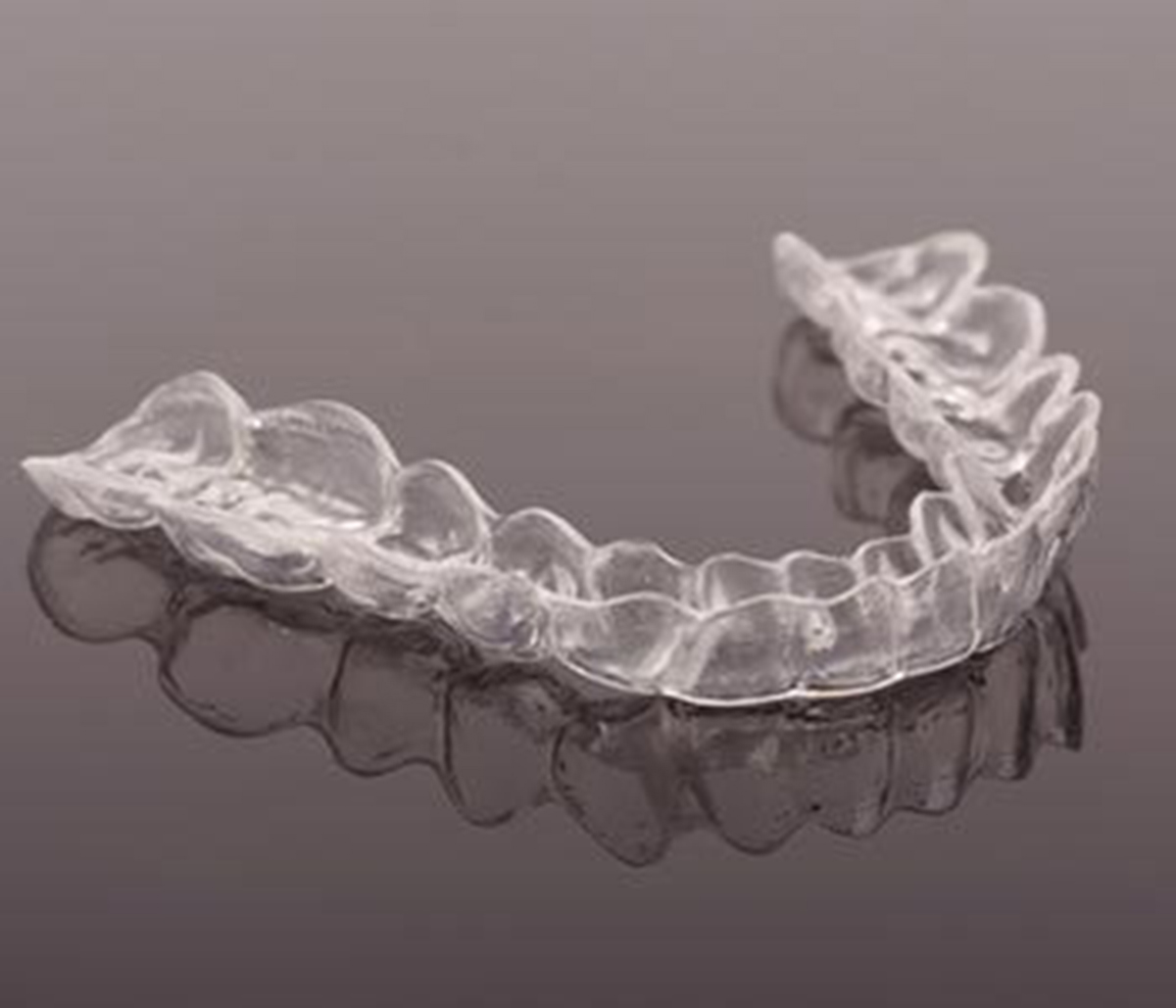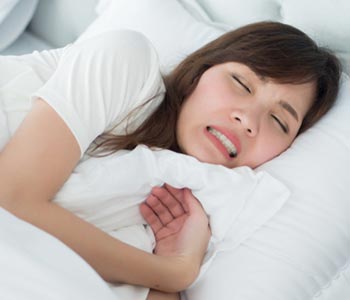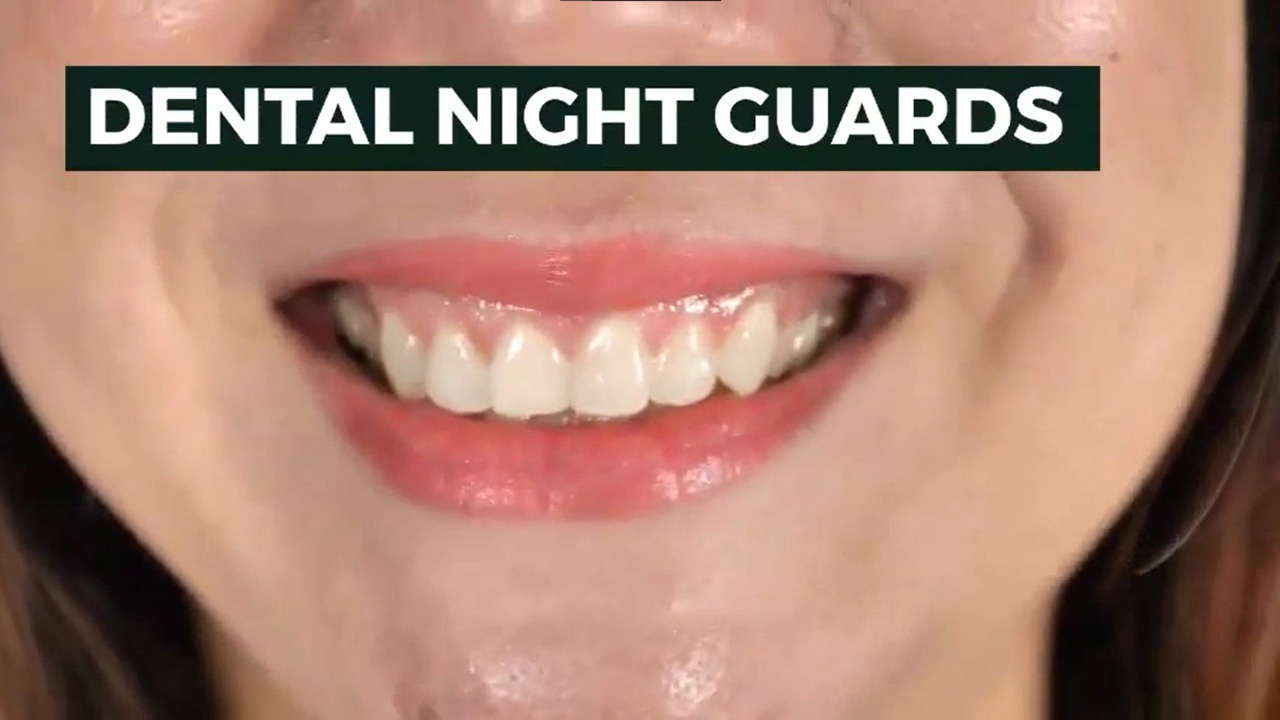
28
May
Why you need to get a custom night guard for teeth grinding in Hamilton now rather than later

Grit your teeth and bear the painful symptoms of bruxism no more! Effective and easy relief from teeth-grinding and -clenching is available at your friendly neighborhood dentist’s office, Dentistry on Parkdale. Dr. Karen Ho is on the front lines of this common, destructive condition. Patients may visit for routine exams, only to learn they are bruxers. Since bruxism is primarily an involuntary behavior, patients don’t know they’re grinding and clenching their teeth. Dentists are trained to spot distinctive clinical signs. With the diagnosis in hand, Dentistry on Parkdale gets to work on designing a custom-fitted night guard for teeth grinding in the Hamilton ON office.
Chew on this …
Bruxism is defined as semi-voluntary or involuntary gnashing, grinding, and clenching. Clenching involves firmly clamping down on teeth, tightening the jaw muscles. It’s correlated with anxiety and stress, affects 10% of adults (more women than men), and symptoms worsen throughout the day. Daytime clenchers are susceptible to teeth-grinding when they sleep. Clenching is associated with muscle soreness and discomfort, and problems with the Temporomandibular Joint that connects the skull and jaws.
Teeth-grinding occurs with TMJ movement and when the upper and lower teeth are in contact with each other, or when bracing or thrusting the lower jaw. Grinding results in distinct wear patterns, teeth that appear “flattened,” sore muscles, and pain. It affects about 8% to 10% of the population and tends to be triggered when patients go from deeper to lighter stages of sleep. Symptoms are worse in the morning, especially upon waking and improve throughout the day.
Bruxism may be a primary condition, unrelated to other medical problems, or a condition secondary to certain disorders or medications. There is also no single standout trigger that is to blame for the development or worsening of bruxism. Occlusal habits such as thumb-sucking and inappropriate biting are generally outlets for children to express aggression or frustration. Adults tend to express and release their aggressions by biting their nails, lips, and cheeks, and grinding and clenching their teeth. Lifestyle, stimulants like coffee and soda, stress, and malocclusion or teeth misalignment have been implicated in the onset or progression of bruxism.

Just how much damage can bruxism cause to the teeth, joints, muscles, and other interconnected parts of your mouth, head, face, neck, and shoulders? Consider this: When teeth come into contact with each other for “normal” chewing or swallowing, a force of less than 25 pounds is placed on them (food also acts as a “buffer” to soften the blow). But bruxers exert 200 to 300 pounds of pressure from biting forces! Grinding is said to be 3 to 10 times more powerful than regular chewing, producing sufficient force to crack a walnut. While the source of chronic headaches, chipped teeth, and neck pain may perplex you, Dr. Ho can detect these and other clinical signs and symptoms characteristic of bruxism versus normal function; for instance, they may notice:
- The loss of tooth tissue, usually starting on the chewing surfaces
- Significant thinning of enamel, which exposes the softer, darker dentin layer, and increases the risk of sensitivity and decay
- Short and flat teeth, and a very polished or smooth appearance
- Rounded canine teeth
- Small fractures that can then lead to chips and breakage
- Receding gums and bone resorption (bruxism interferes with healthy tissue regeneration)
- Increased mobility, as teeth are forcefully rocked back-and-forth in their sockets,
Your partner may even hear when you grind your teeth; the sound is sometimes compared to chewing on gravel or marbles. TMJ-related symptoms and muscular pain are also associated with bruxism. These symptoms are the body’s way of signaling that something is out-of-sync and requires adjustment.
Dental Night Mouth Guard

Nightguards are somewhat different from mouth guards worn during sports though the basic design and intent are the same: if you think teeth and the jaw cannot be injured while you sleep, think again. It is believed that 30 to 40 million Americans, children, and adults, grind and clench their teeth. Nocturnal bruxism, in which grinding and clenching occur when asleep, may occur without the bruxer knowing he or she is at risk for secondary issues. Bruxism threatens the longevity of natural teeth and poses a risk to dental restorations and your general sense of wellbeing. Visit Dentistry on Parkdale for a custom fitted night guard and improve your sense of comfort and your oral health.
Night guards present an effective way to redistribute the forces that are placed on your teeth and tissues, relax chewing muscles, stabilize the Temporomandibular Joint, protect natural teeth and restorations, and decrease your symptoms. Night guards at Dentistry on Parkdale are a 2-step process:
- First, impressions or models of your upper and lower dental arches are made at the office. These impressions are used by lab technicians to make your customized dental appliance.
- Second, you return to our office to get your guard. Your dentist will confirm that it fits well and feels comfortable and will instruct on proper cleaning and care.
There are many different types of night guards, but since these are fitted to your mouth, they’re more comfortable than OTC products. So, you’re more likely to wear them. Treatments can’t be effective if you don’t use them! Call 905-547-4940 to schedule your appointment at the Hamilton ON office.
Share this Article

Dr. Karen Ho is a trusted dentist serving patients of all ages in Hamilton, Ontario. Having studied at prestigious institutes such as McMaster University and University of Toronto and trained at Hartford Hospital (General Practice Residency), she opened her private practice in 2003.
Dr. Ho is committed to lifelong learning as she believes that she can serve her community better by constantly updating herself. She is affiliated with many professional organisations like the Academy of General Dentistry, Institute for Clinical Practice of Pediatric Dentistry, The Dawson Academy Study Club, Niagara Peninsula Dental Diagnostic Study Club, Hamilton Chapter of the Seattle Study Club (Founding Member), and Boston and Tufts Universities.





